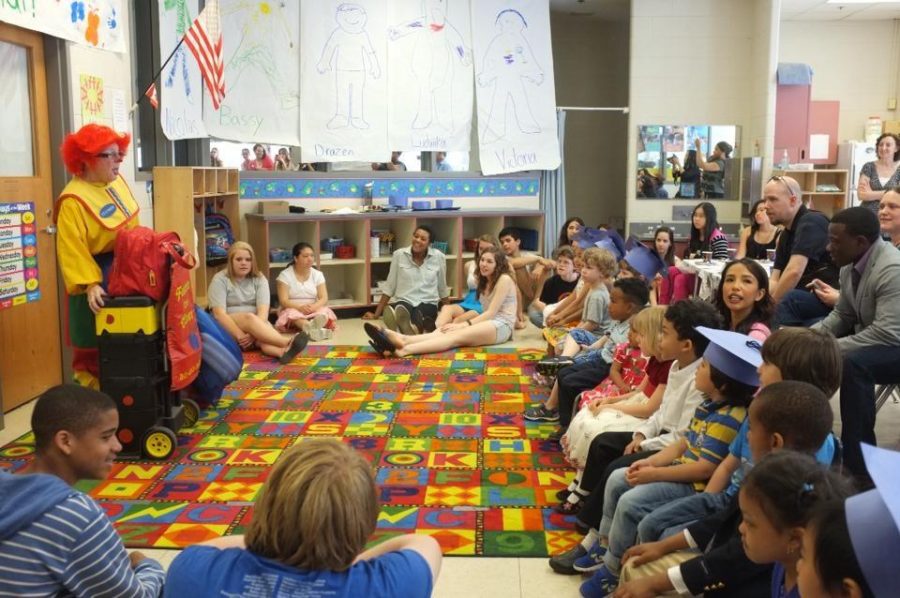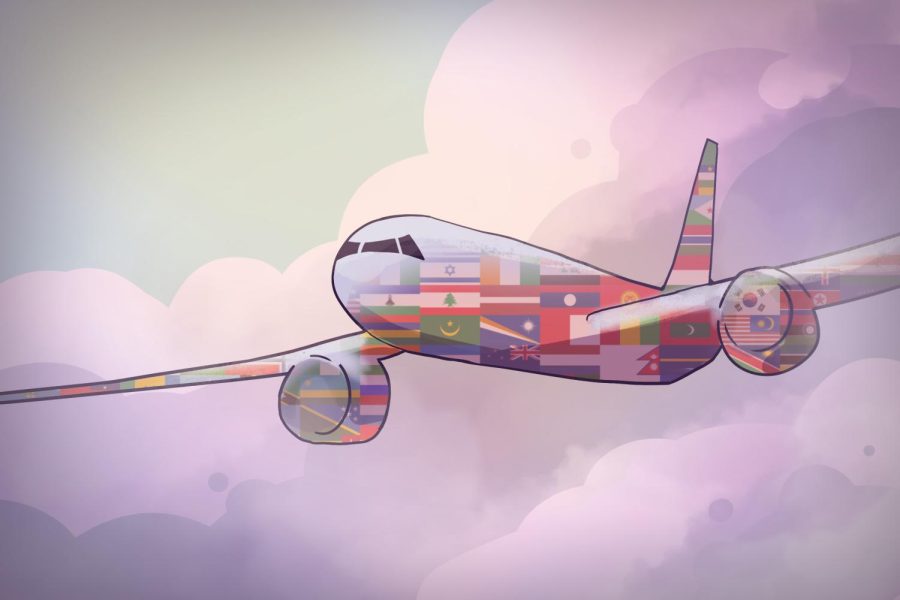This week, my host family almost threw out my matzah because they thought it was stale roti, a type of Indian bread.
They’re not the only ones who don’t know about Passover, the Jewish festival that commemorates the story of the Exodus and bans all leaven foods, such as bread.  At school, other students gave me a blank stare when I asked them if they know what Judaism is. Many Indians I have talked to just assume that Judaism is another sect of Christianity.
At school, other students gave me a blank stare when I asked them if they know what Judaism is. Many Indians I have talked to just assume that Judaism is another sect of Christianity.
Back in Bethesda, I was brought up in a world where I am surrounded by Jewish people during my preschool years, Jewish camp summers and all of the Bar/Bat mitzvahs while at Pyle MS.
So this year, for the first time in my life, I am finally experiencing what it means to be Jewish in the real world–where our religion is mostly unheard of and makes up less than one percent of the total world population.
As an Indian-American who practices Judaism, I came to India hoping to explore the Jewish community of Delhi and find some more Indian Jews, sometimes called “HinJews,” like myself. Instead, I found myself attending an empty Yom Kippur service at the only synagogue in Delhi, a Rosh Hashanah dinner with Israeli families who live in Delhi and a Passover Seder at the local Chabad House, a community center for ultra-orthodox Jews.
Delhi is missing a stable Jewish population. The short term workers, embassy staff, students and NGO volunteers who make up the Jewish population only stay in India for a short period of time and then return home. The synagogue has no Rabbi, and struggles to keep a “Minyan,” the required number of people for a prayer service, during some weeks. But as I learned from experience, Ezekiel, the caretaker and leader of the synagogue, is more than happy to welcome anyone to Delhi’s only synagogue.
But because the Jewish population in Delhi is so small, there are many more French, Australian or American Jews who are living or working in Delhi. Last week, as I sat down for the Passover Seder, surrounded by Jews from all over the world, it didn’t matter that there were a couple of Delhi police officers outside for security or that my host family was very confused about why I had to go out for dinner.
Outside, Delhiites were sitting in traffic trying to return to their homes after a long work week. But packed in one room, thirty strangers from around the world sat down and sang the familiar songs, performed the familiar rituals and celebrated Passover just like we would with our own families.
I had an amazing time and met really interesting people, but the seder was missing one thing–my mom’s matzah ball soup from 7,000 miles away. For many people including me, that’s the most important part of the whole holiday.









Pam Lever • Apr 25, 2012 at 8:10 pm
I really enjoyed reading this article Eyal!! What a long way you have come from the 6th grader I knew.
Mark Gross • Apr 18, 2012 at 3:27 pm
There will be many more seders to enjoy Tanvi’s (and your future wife’s) matzah ball soup. I don’t think you will soon forget this one.
Natalie Schwartzberg • Apr 16, 2012 at 5:11 pm
You were really missed at the third Seder, but in some way its good to be missed because it shows to how important you are to all of us. Unfortunately the matza ball soup was from Whole Foods. I am glad you did have a good experience with Jews from all over the world. Enjoy the next few weeks.
Grandma
---Tanvi Nagpal • Apr 14, 2012 at 3:43 pm
It was not the same without you either– I never made matzoh brei– not once!! Can’t wait for you to be back, but totally understand how hard it will be to leave :)/:( Mama